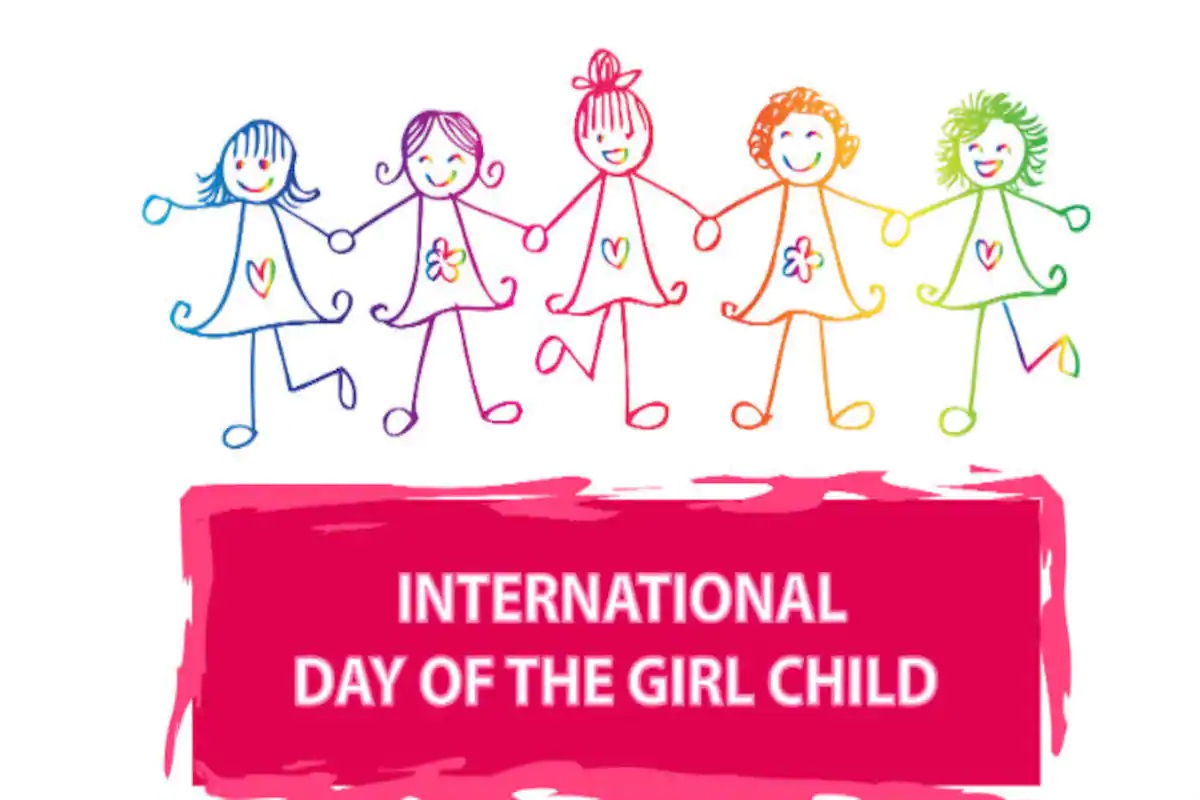AfricaPress-Tanzania: YESTERDAY, the world marked the , whose theme this year is “My voice, our equal future” focusing on how girls globally are leading the way in development and fighting ranging issues from discrimination, violence sex ual and reproductive health rights to eq ual pay at workplace.
However, one might be tempted to ask- What does international day of the girl mean? This day exists to recognize girls’ rights and the unique challenges they face all over the world and Tanzania inclusive towards advocating for the attainment of their basic human rights, like education and bodily autonomy.
Historically, the International Day of the Girl exists to recognise girls’ rights and the uniq ue challenges girls face all over the world.
The day aims to shed light on all the reasons we, as a global society, need to address the challenges, biases, dangers, and injustices young girls deal with all over the world-with particular focus on parts of the globe, where child marriage is widely practiced, such as Sub-Saharan Africa, Latin America, the Caribbean, the Middle East, and North Africa.
Looked at country level, Tanzania has done a lot to address sev eral issues, which negate a girl-child development including opening free education system from primary to secondary schools, where all children are treated eq ually and none is left behind for say, being a girl.
The examples are many and worth praising the government for, but still the goal has not been reached, because not all girls who start Standard One end up reaching Class Seven and going all the way to Form Four without dropping out of school as a result of challenges, within our address.
But ask yourself what you hav e done to protect girl-child in realising her dream. Research shows that educated girls are less likely to contract HIV, and when women are educated, they end up being in more jobs that according to the Malala Fund (an international and non-profit organisation that fights for girls’ education), if all girls attended school for 12 years, low and middle income countries could add $92 billion to their economies annually.
Plus, when nations make sure to educate all of their children instead of just the boys, they cut their risk of war by 50 per cent. In reality, though, over 13 0 million girls are out of school worldwide.
With the ex ception of China, one in three girls is married in the dev eloping world before reaching their 18th birthdaywhich means 47 ,7 00 girls are coerced into underage marriages on a daily basis, hence, as individuals (parents and guardians), we must ask ourselves, what are we doing to promote a girl-child to attain her academic and growing up dreams?






